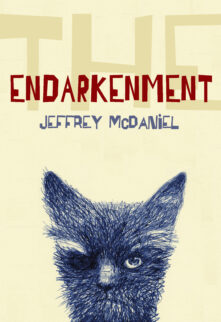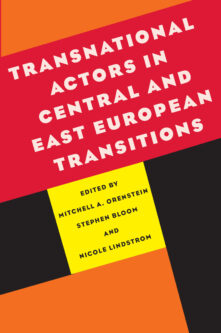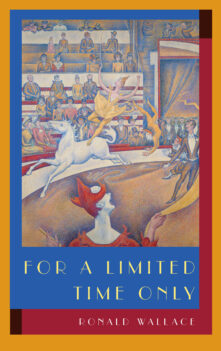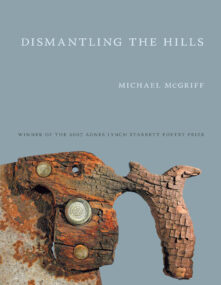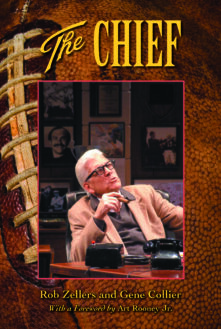Books
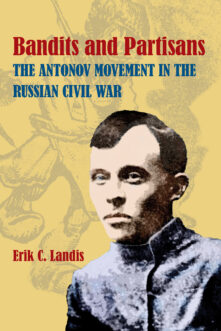
Bandits and Partisans
The Antonov Movement in the Russian Civil War
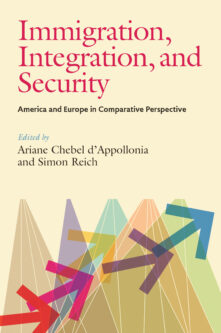
Immigration, Integration, and Security
America and Europe in Comparative Perspective
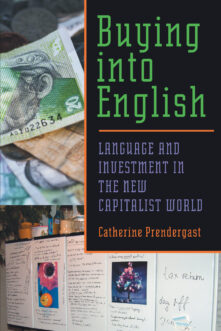
Buying into English
Language and Investment in the New Capitalist World
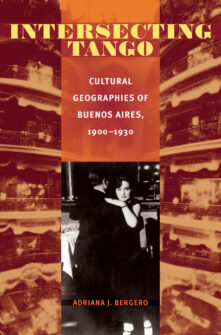
Intersecting Tango
Cultural Geographies of Buenos Aires, 1900-1930
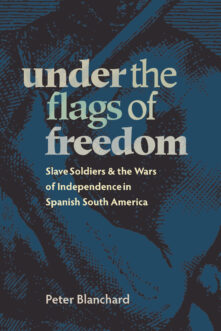
Under the Flags of Freedom
Slave Soldiers and the Wars of Independence in Spanish South America
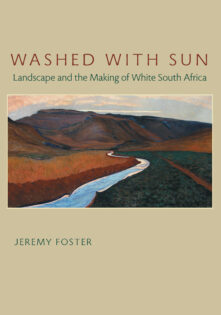
Washed with Sun
Landscape and the Making of White South Africa
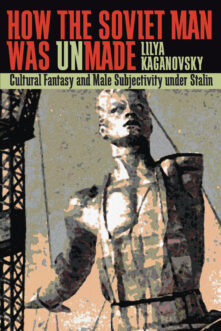
How the Soviet Man Was Unmade
Cultural Fantasy and Male Subjectivity under Stalin
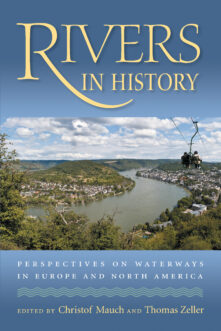
Rivers in History
Perspectives on Waterways in Europe and North America
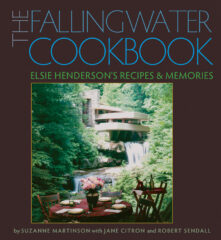
The Fallingwater Cookbook
Elsie Henderson's Recipes and Memories
Total 1559 results found.


